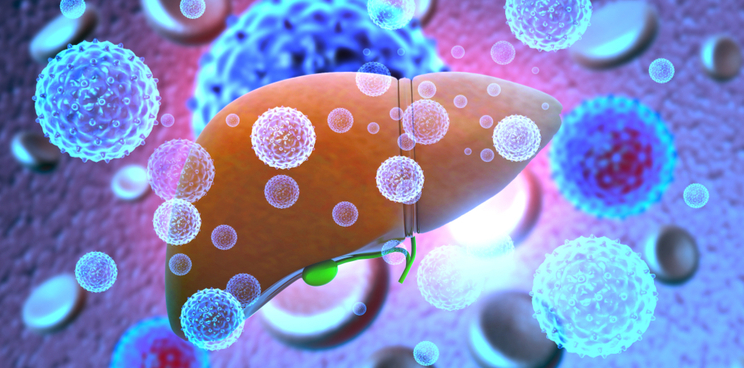A stem cell therapy developed by the Belgian company Promethera has improved symptoms, such as jaundice, in patients with acute liver failure, a condition with no effective treatments.
A phase I/IIa trial of the therapy recruited 19 patients with chronic liver disease. Of these,12 patients had developed acute-on-chronic liver failure, a life-threatening syndrome where the liver suddenly stops working. The other seven patients were at risk of developing the syndrome. Apart from liver transplants, which are subject to long waiting lists, there are no available treatments for acute-on-chronic liver failure.
Promethera’s stem cell therapy involves harvesting liver stem cells from donated organs and infusing them into the patient’s bloodstream. The stem cells then enter the liver and help to repair the damage. The patients were followed for up to three months after they received the therapy.
Two patients given the highest doses of the cell therapy suffered from events such as bleeding after they were given the treatment, but subsequently recovered. Patients given low doses of the cell therapy showed no serious events caused by the treatment. These patients’ disease symptoms, such as elevated blood levels of the chemical bilirubin, were also improved over three months.
Although at an early stage, this treatment is the first cell therapy in development to treat acute liver failure. The company sees promise in the same therapy for treating the liver disease nonalcoholic steatohepatitis, also known as NASH, which has no treatments available. The first clinical trials for Promethera’s NASH cell therapy are expected to begin this year.
Image from Shutterstock





